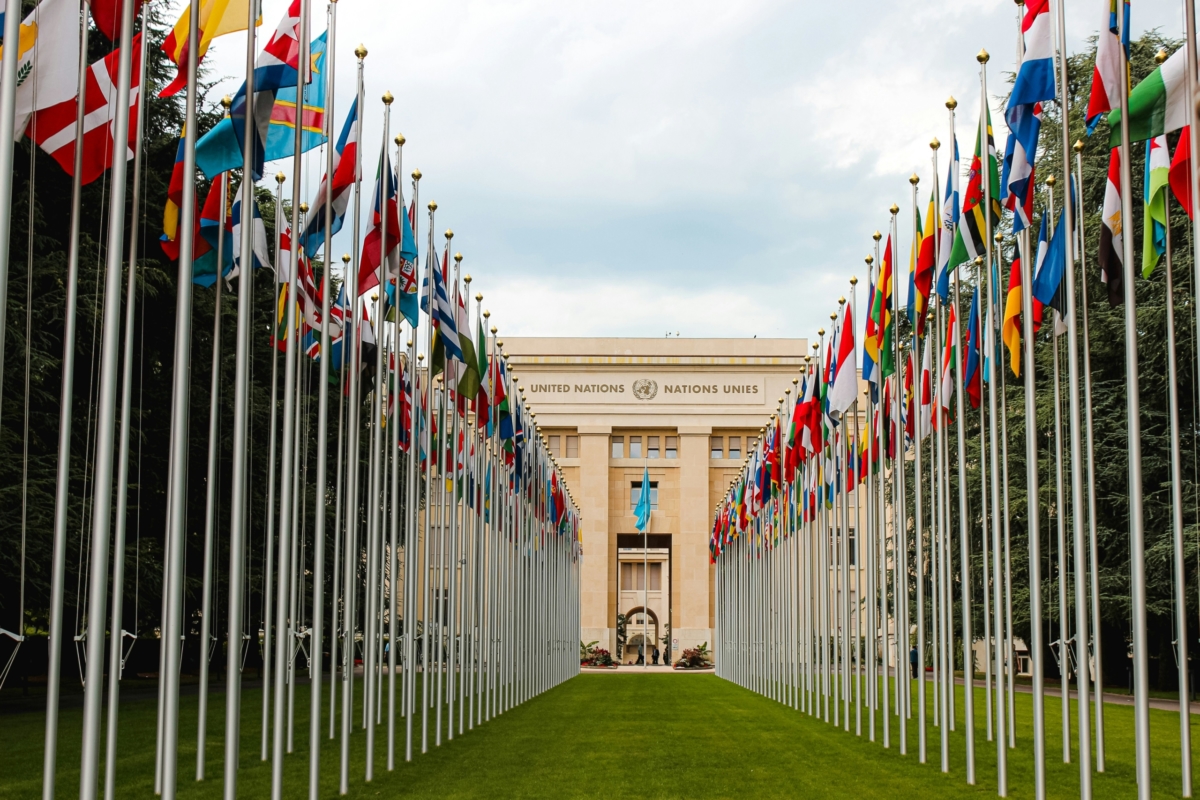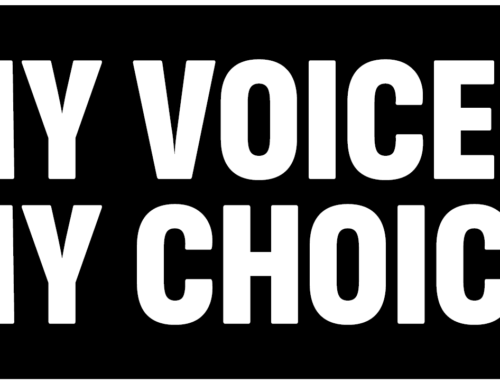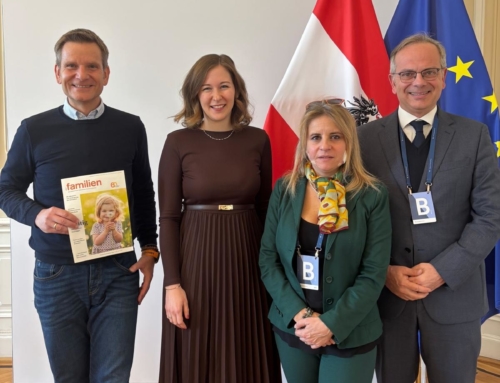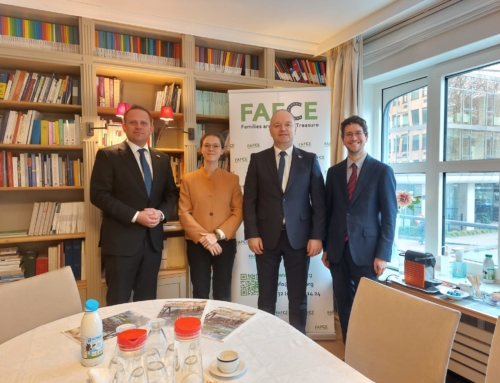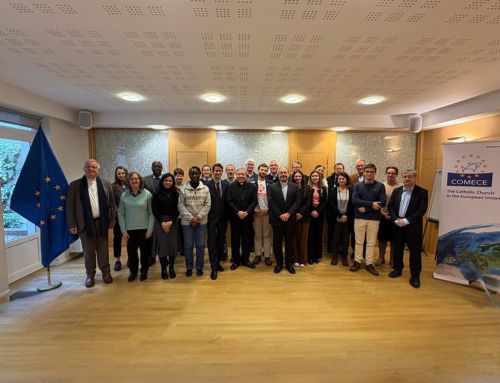Brussels, 4th September 2024
The United Nations reached an agreement on the Draft convention against cybercrime. Published after the approval of the UN’s Ad Hoc Committee in New York in August, the draft convention is expected to be adopted by the UN General Assembly later this year.
However, the adoption of this new international treaty appears to run contrary to the progress made in combatting child sexual abuse material at the European level, as it leaves the door open to the use of artificial intelligence in the creation of abusive content. While much of the general content correctly focuses on cybercrime, it does not appear to consider pornography in its scope. Unfortunately, the draft document is let down significantly by one consequential article.
The text gives the possibility to permit the use of pornographic material when there is ‘consent’ of the child and when it is generated by AI, as read in Article 14.4 of this UN draft Convention: “In accordance with their domestic law and consistent with applicable international obligations, States Parties may take steps to exclude the criminalization of:
(a) Conduct by children for self-generated material depicting them; or
(b) The consensual production, transmission, or possession of material described in paragraph 2 (a) to (c) of this article, where the underlying conduct depicted is legal as determined by domestic law, and where such material is maintained exclusively for the private and consensual use of the persons involved.”
Vincenzo Bassi, President of FAFCE said: “This is a perilous step backwards in the international fight against child sexual abuse and pornography. Institutions, member states, and tech corporations are beginning to understand their duty in the protection of children. Lamentably, this potential International Treaty has a huge hole in the centre of it.
“The use of artificial intelligence to create images of child sexual abuse and pornography, greatly endangers victims and leads to moral degeneracy. We must learn from the normalisation of pornography in recent decades, which has exacerbated addiction, loneliness, and sexual violence. To use the argument, as proponents of this article have, that this in favour of sexual exploration is absurd. Healthy and supported children are the result of families and communities that protect them – not from dangerous experimentation through the wild west of artificial intelligence”.
This draft agreement also does not adequately reflect the clarity in previous UN commitments on this issue, such as the Optional Protocol of the Convention of the Rights of the Child on the Sale of Children, Child Prostitution and Child Pornography. Article 1 of the Optional Protocol asserts that “States Parties shall prohibit the sale of children, child prostitution and child pornography”. It defines child pornography as “any; representation, by whatever means, of a child engaged in real or simulated explicit sexual activities or any representation of the sexual parts of a child for primarily sexual purposes”.
Article 3 of the Optional Protocol details that “each State Party shall ensure that, as a minimum, the following acts and activities are fully covered under its criminal or penal law, whether such offences are committed domestically or transnationally or on an individual or organised basis”. In this Optional Protocol there is no mention of an exception of this criminalisation because it was intended to protect the minor from all forms of online pornography.
After three years of negotiations having been completed, the treaty is expected to be adopted formally by the UN General Assembly in New York later this year. It will be open for signatures from member states. It will not enter into force until forty countries ratify it.
FAFCE urges Member States to reflect further to consider how AI can be a stimulus to cybercrime so as to find a solution to prevent the use of such technologies for the creation of abusive material.
The European Shield Platform, which FAFCE works with, is engaged with over 30 NGOs from 19 EU Member States in campaigning for the protection of minors online. Please read their advocacy document.

